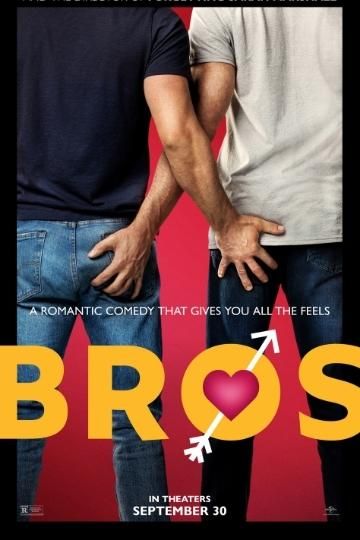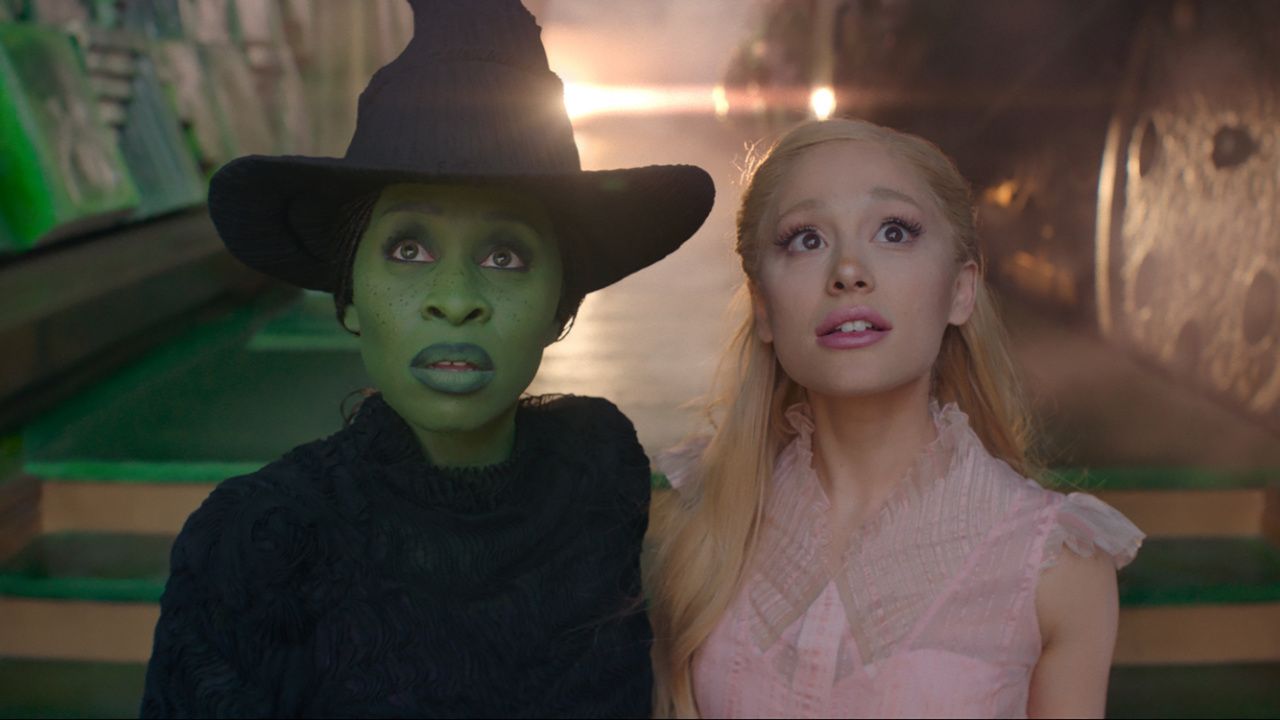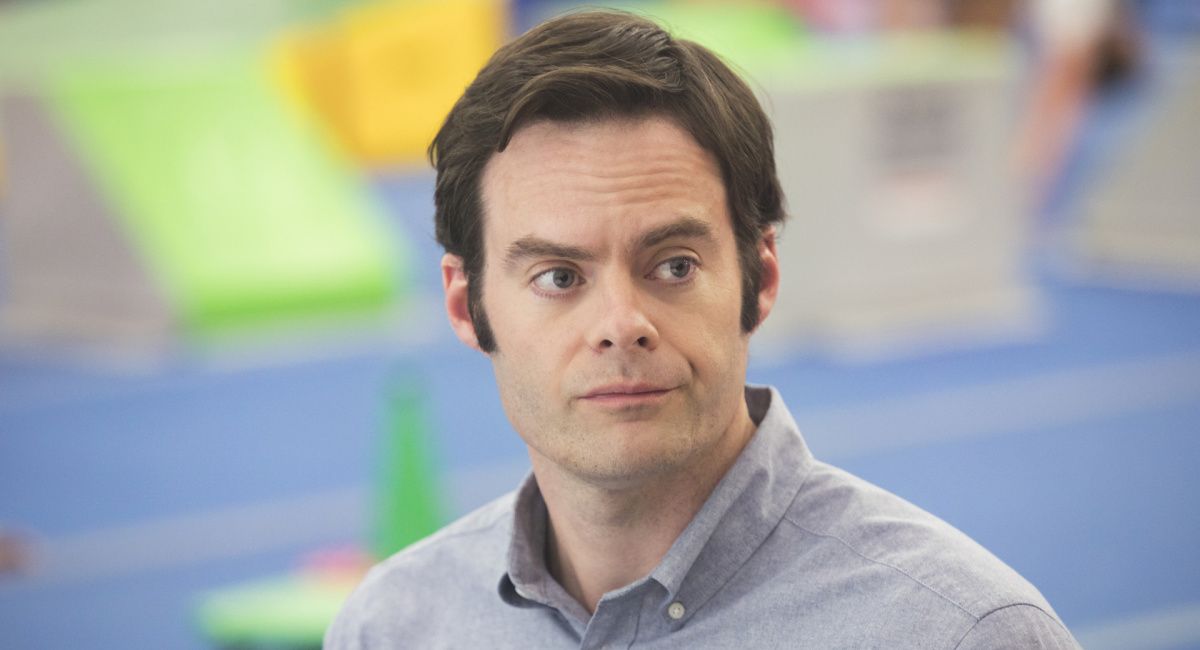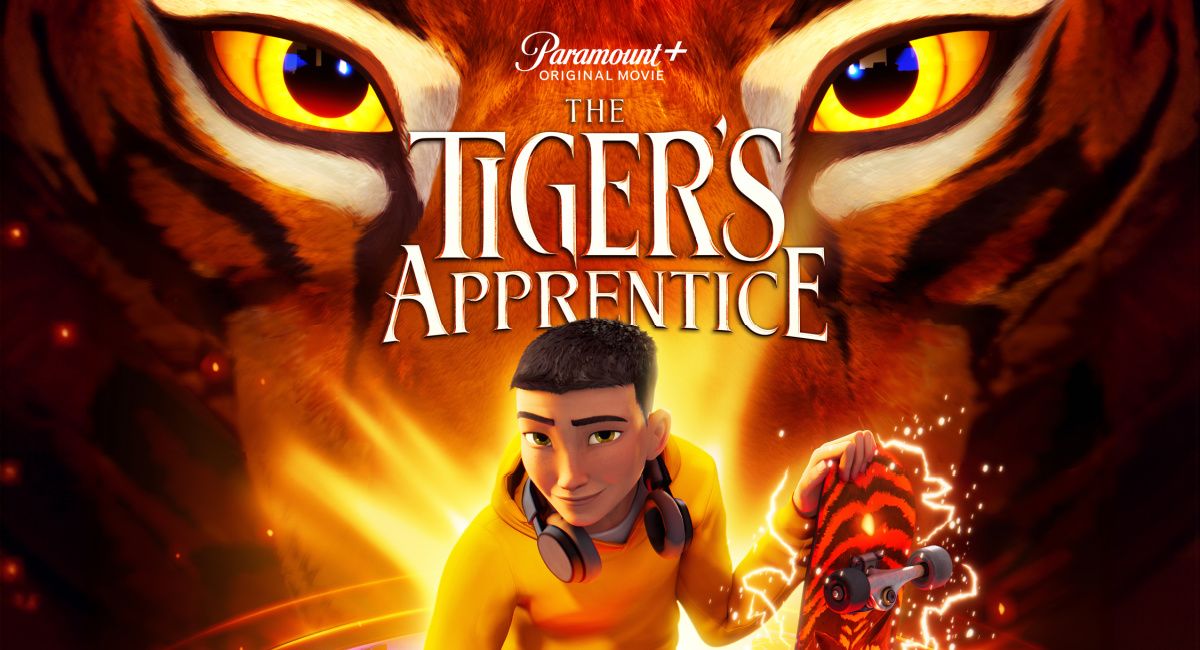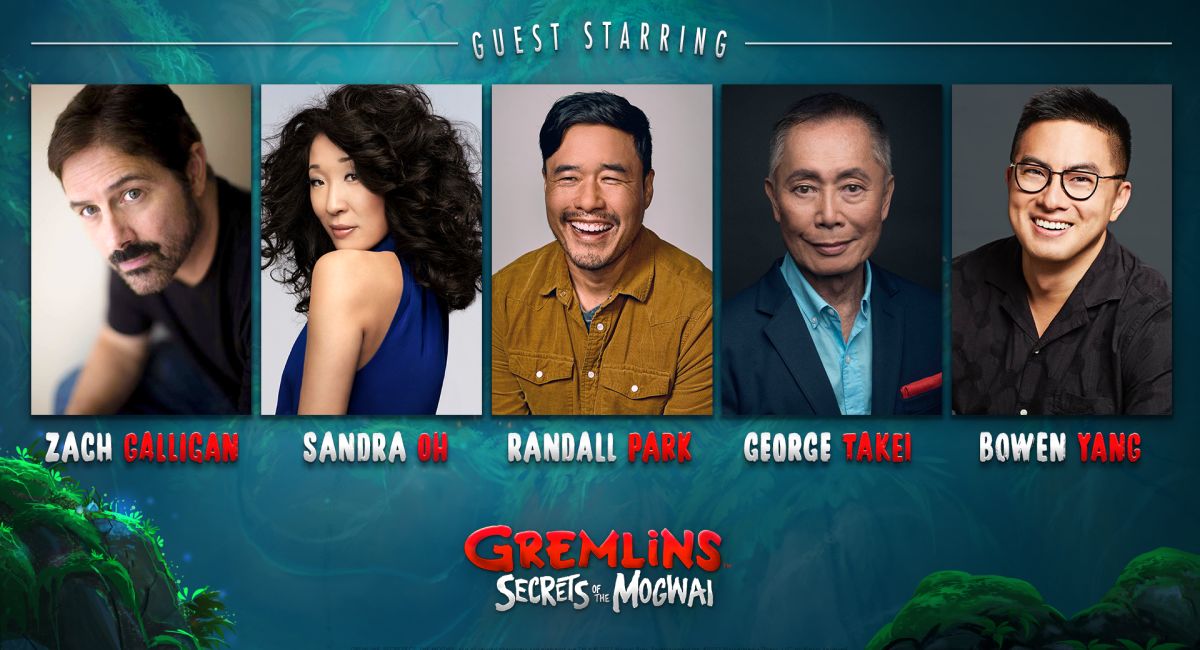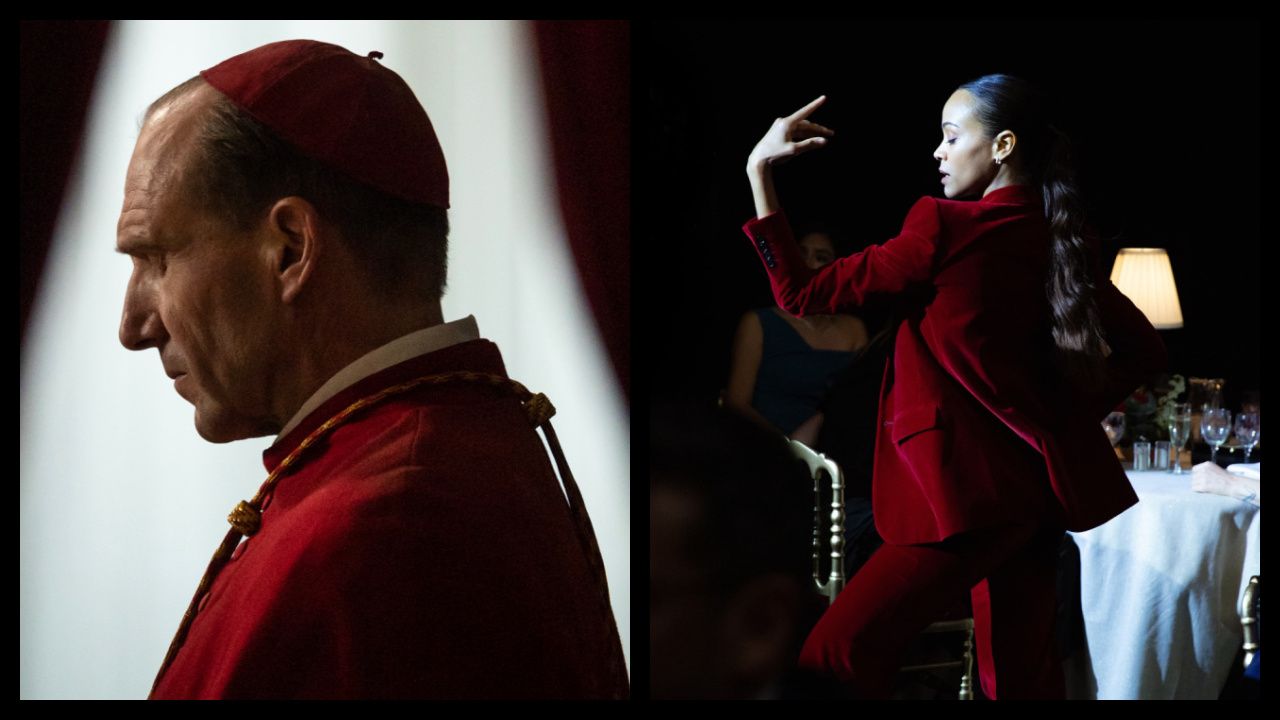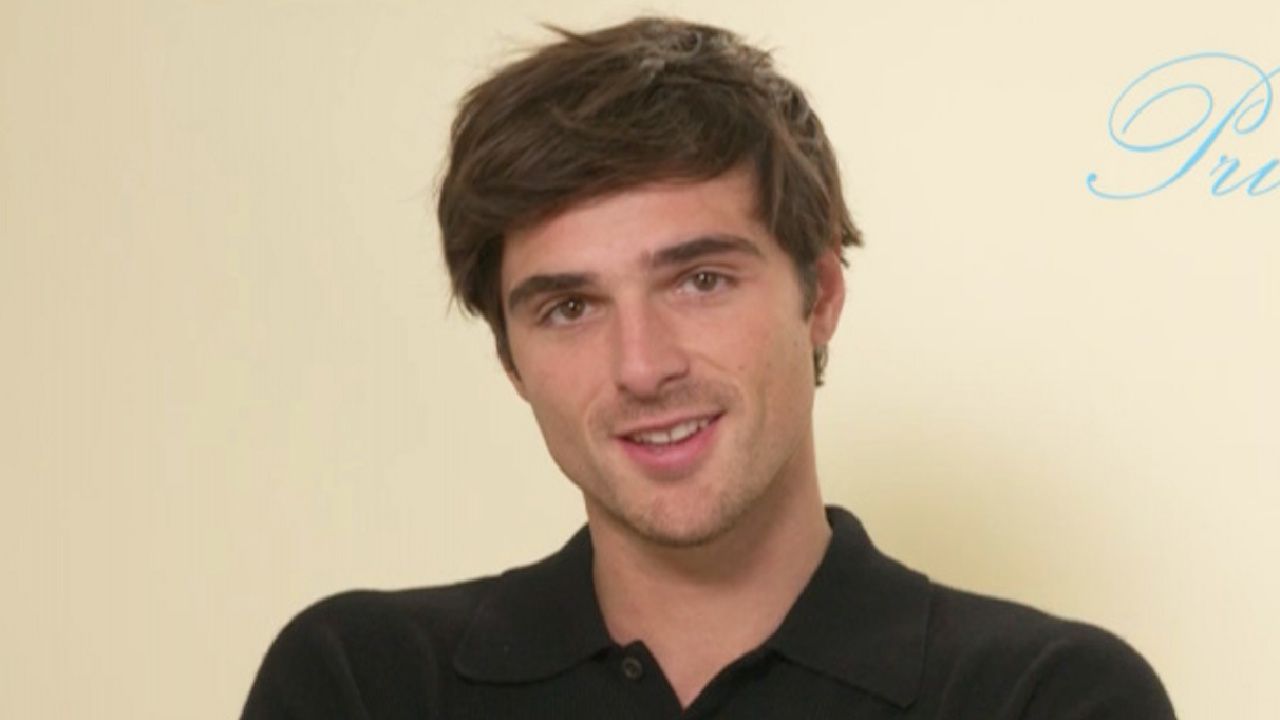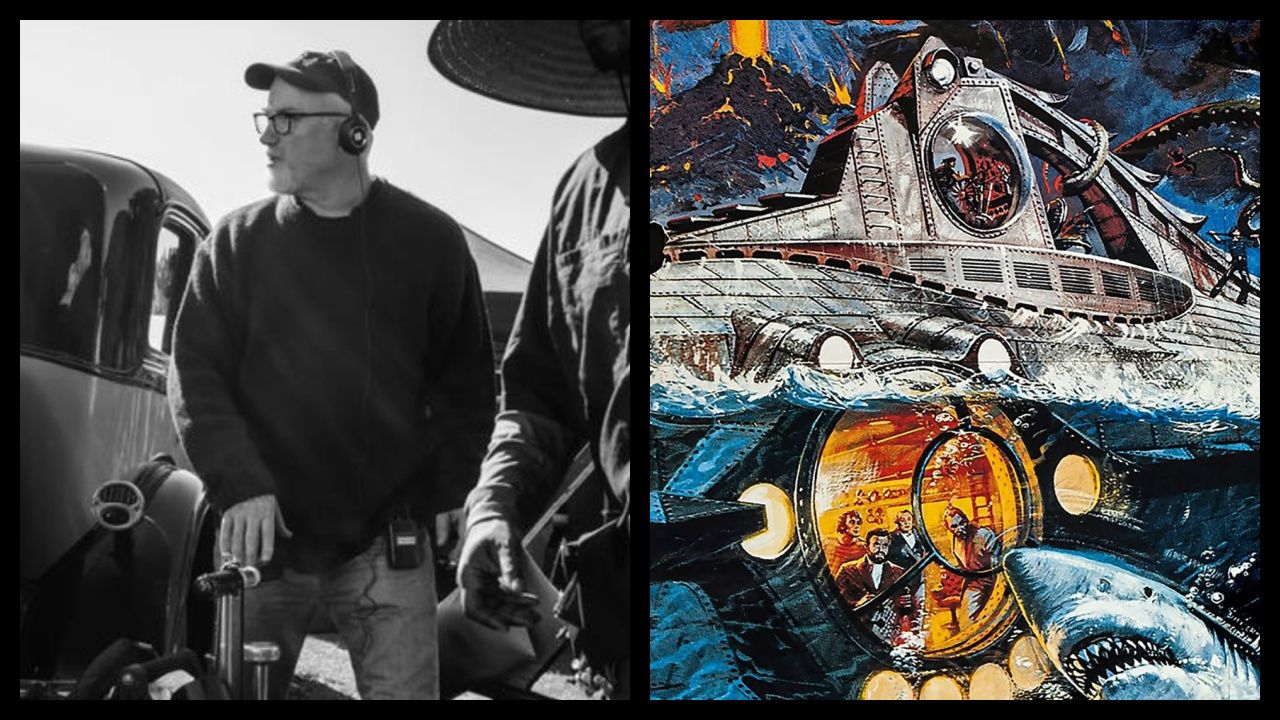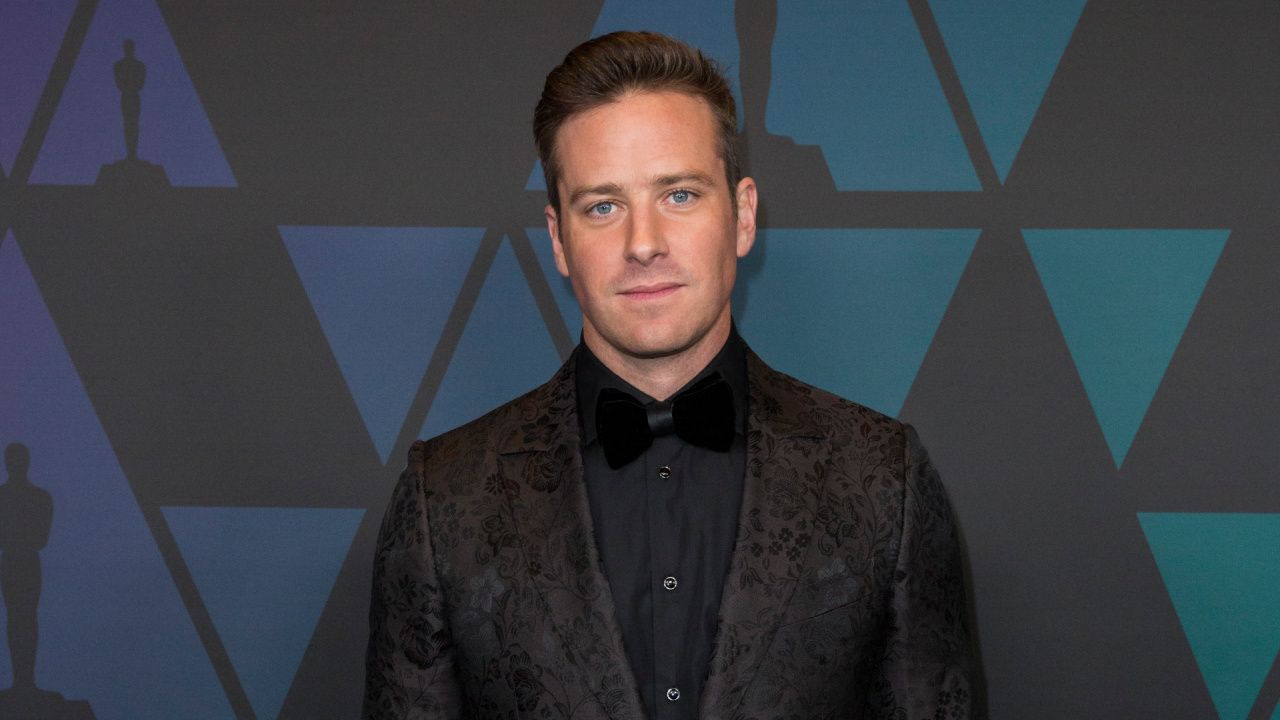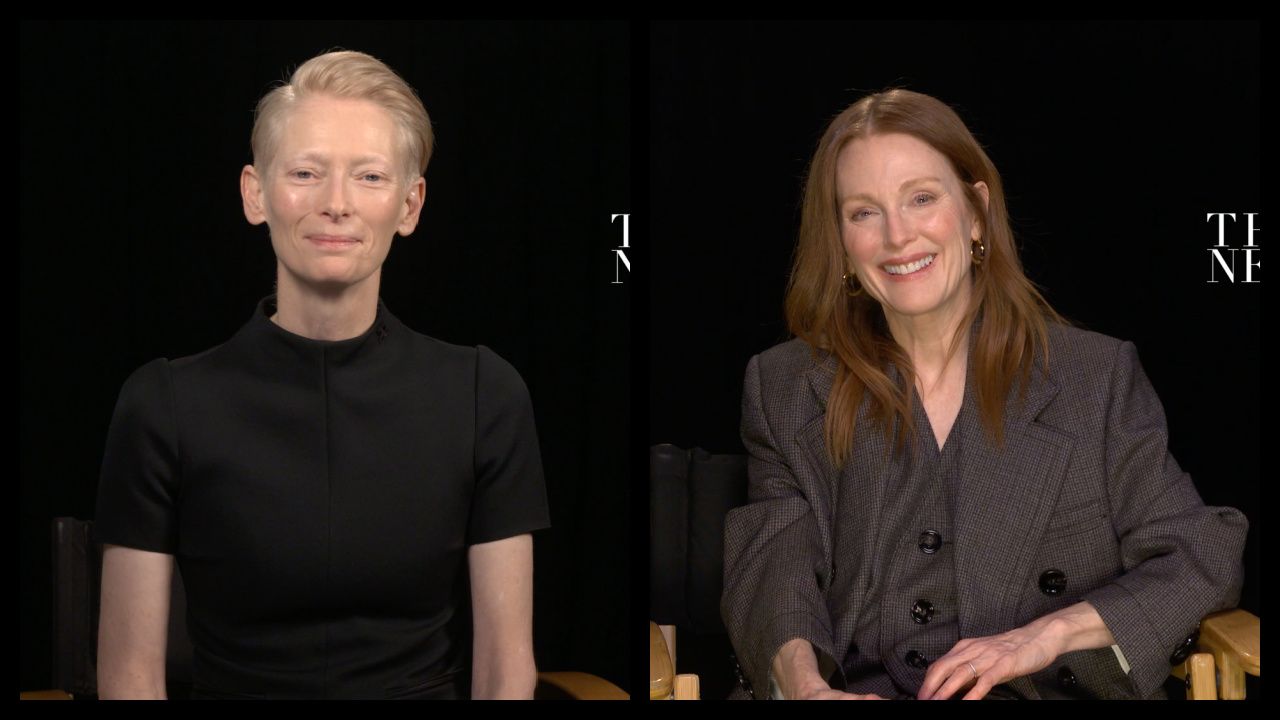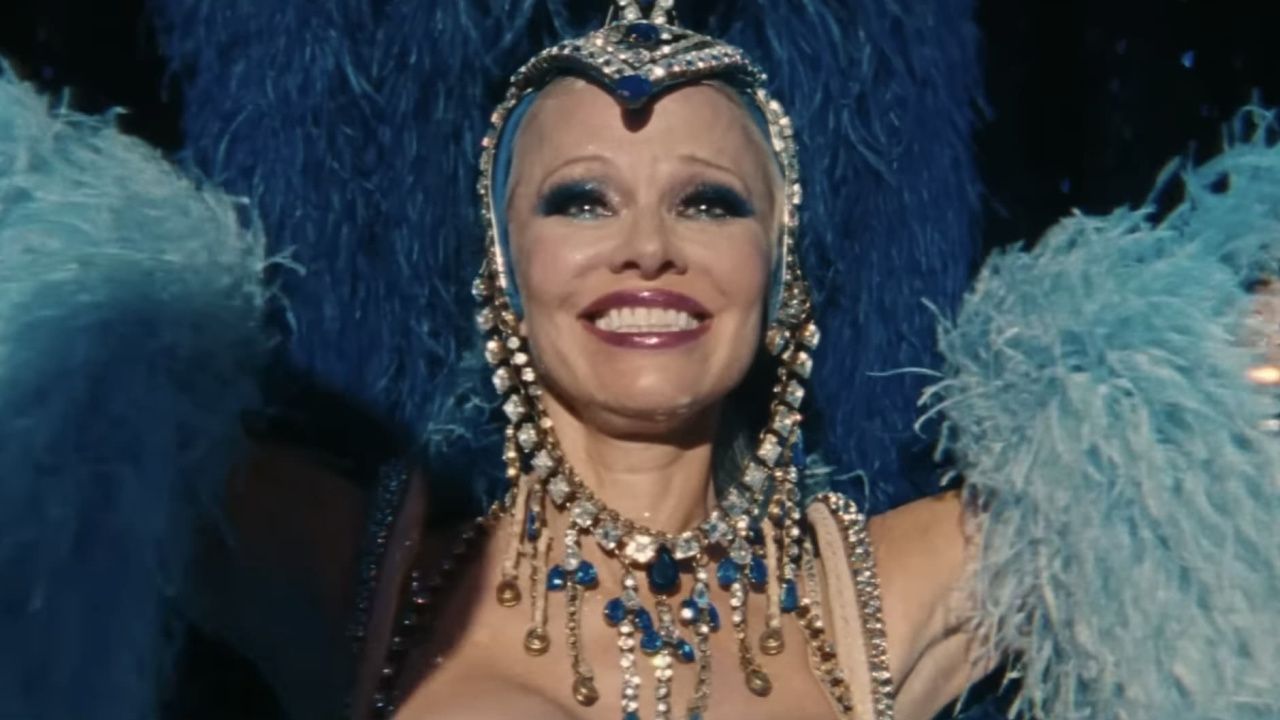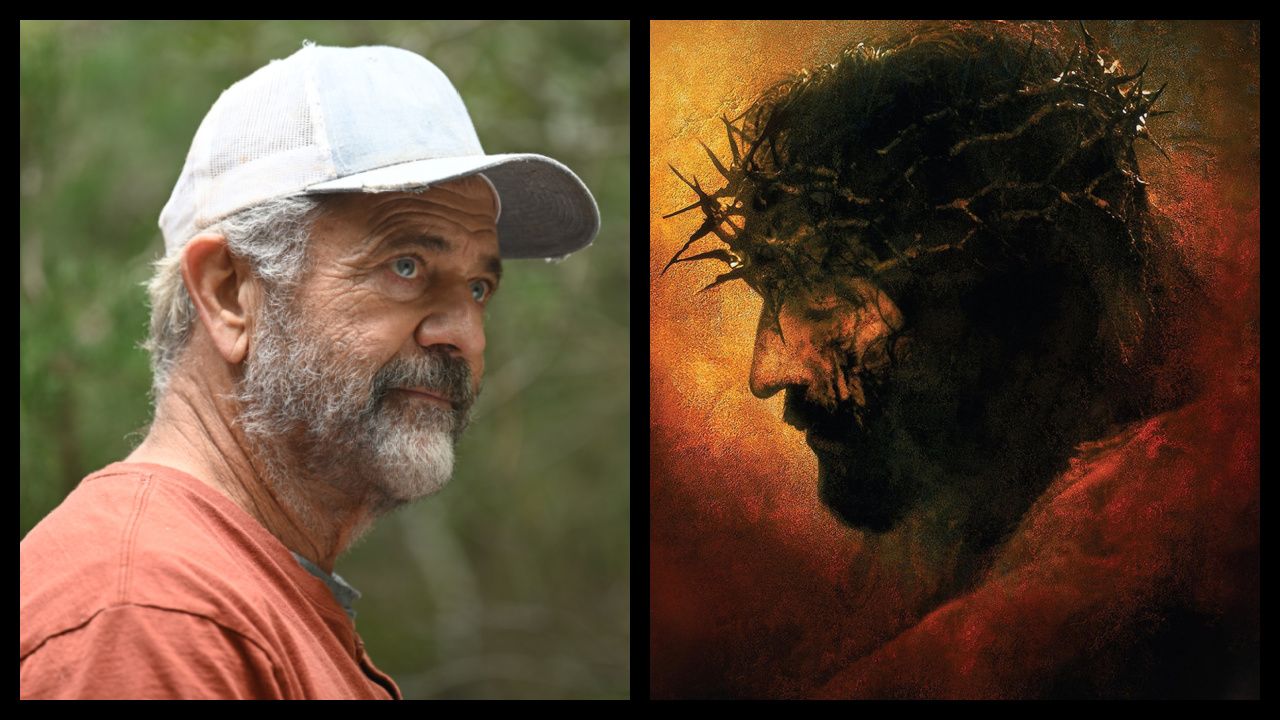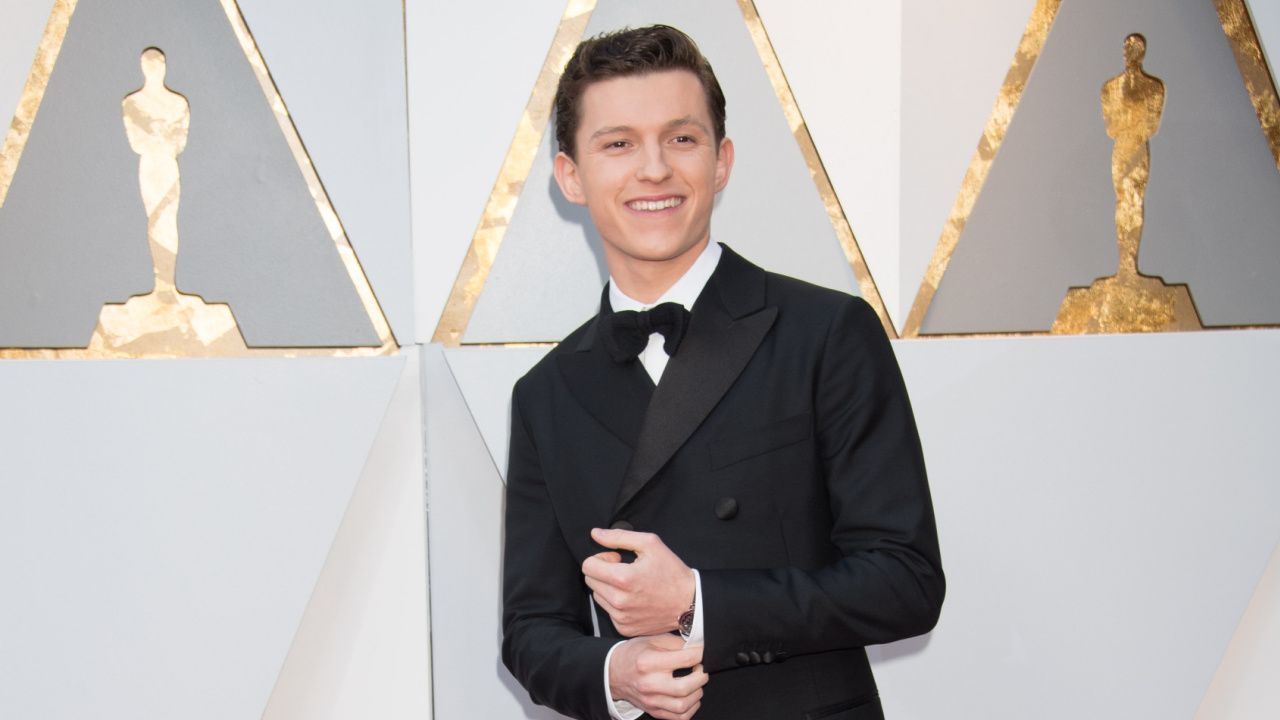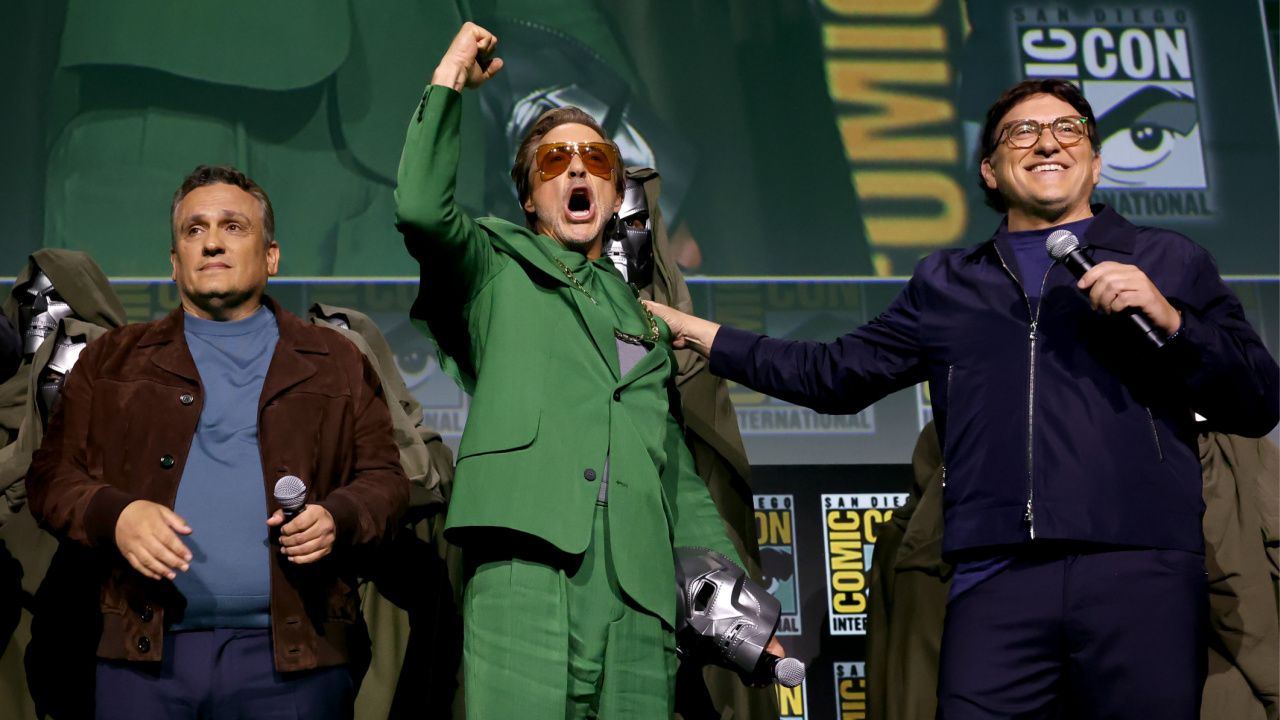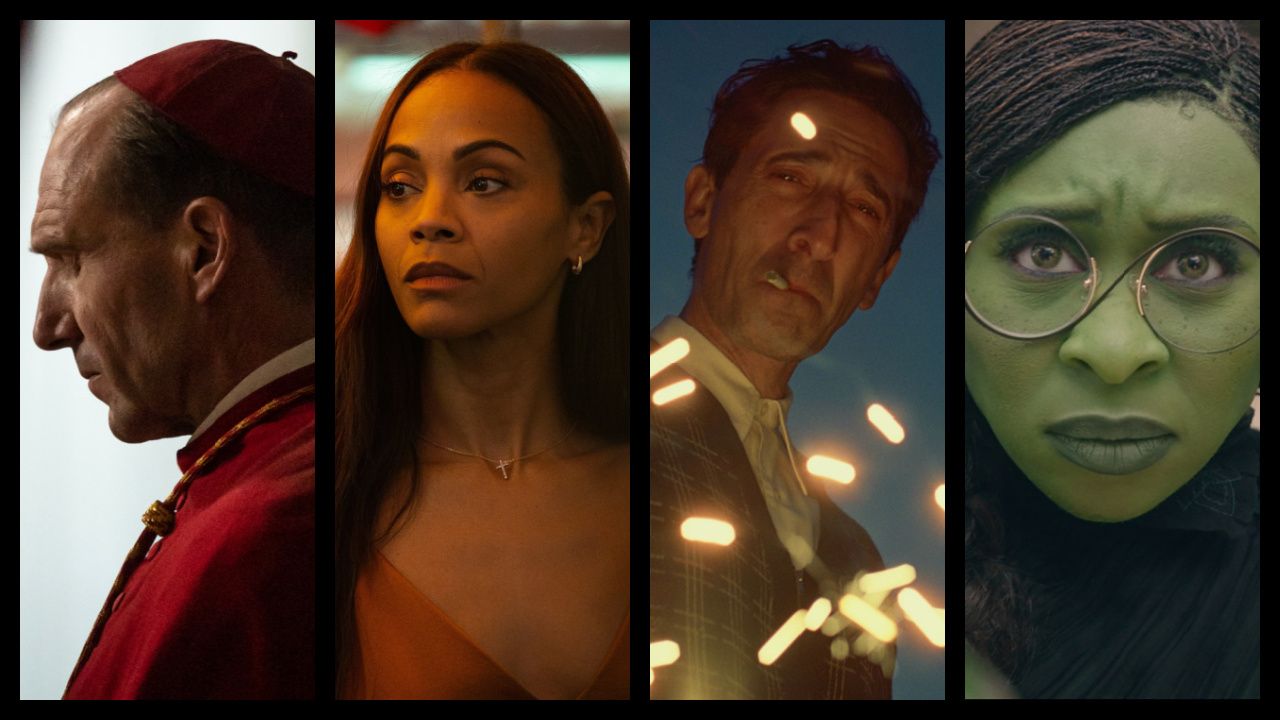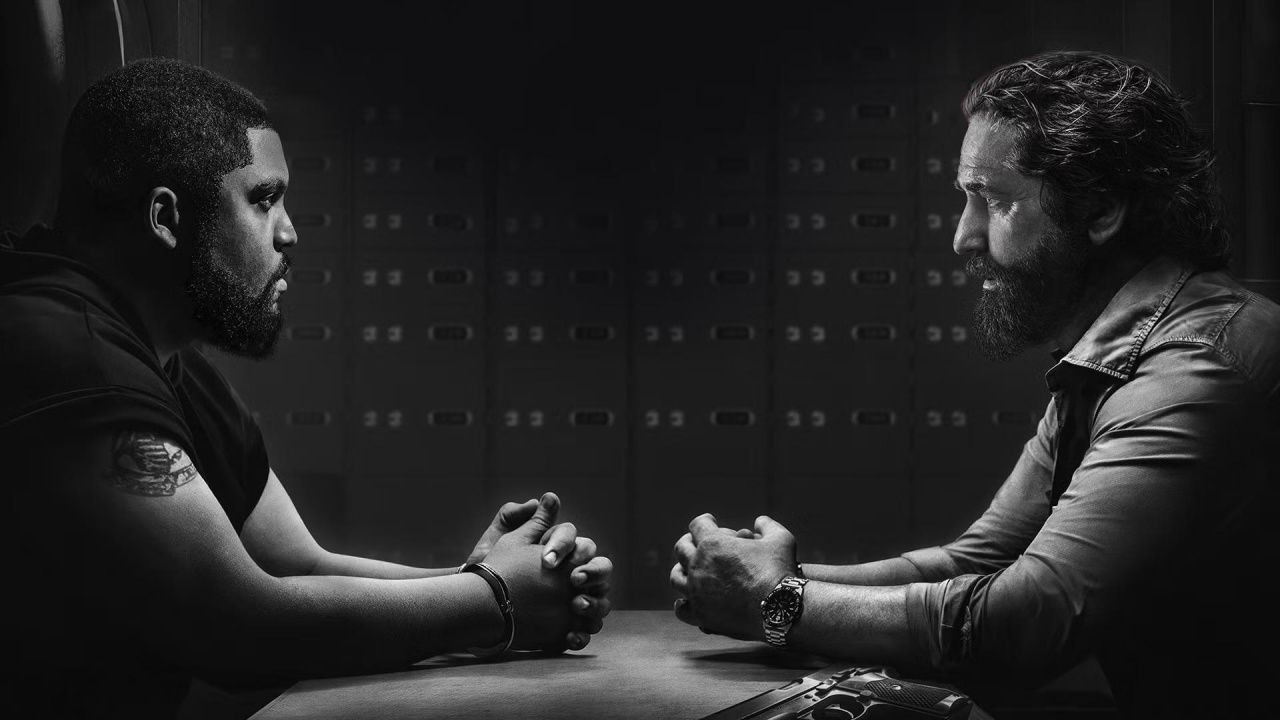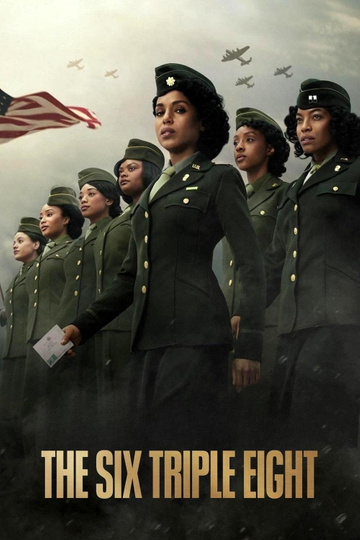The Rom-Com Gets an LGBTQ+ Tweak for ‘Bros’
Billy Eichner co-writes and stars in this smart, funny and heartfelt comedy that charts its own course through romantic complications.
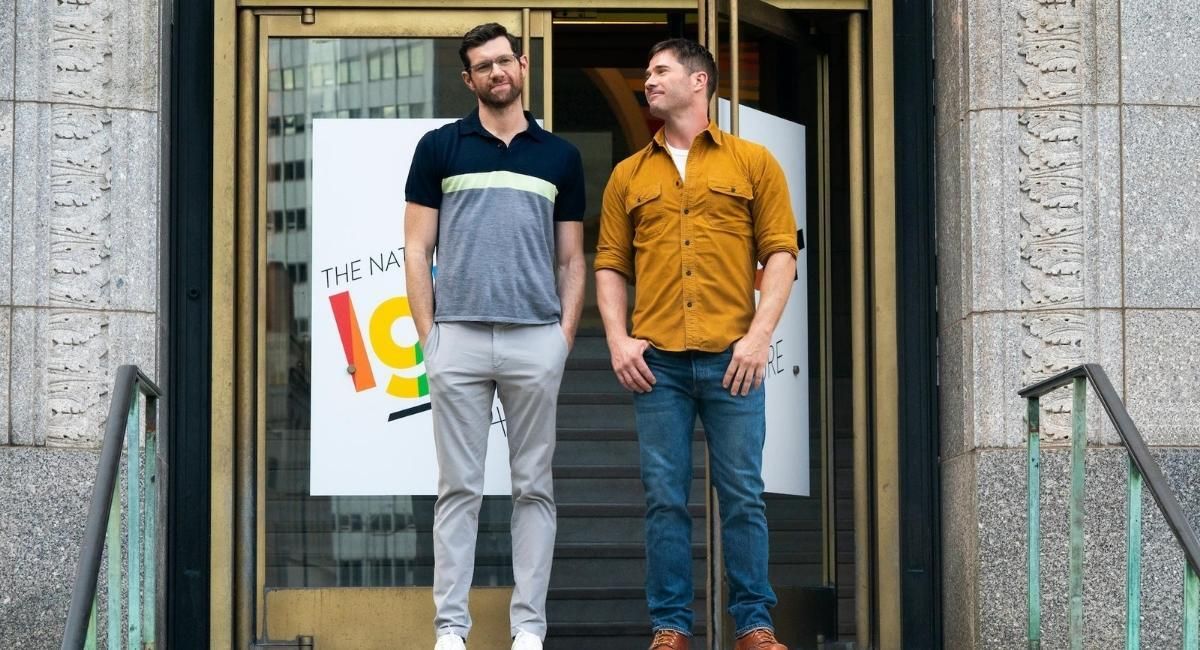
(L to R) Bobby (Billy Eichner) and Aaron (Luke Macfarlane) in 'Bros,' co-written, produced and directed by Nicholas Stoller. © 2022 Universal Studios. All Rights Reserved.
Opening in theaters on September 30th, ‘Bros’ represents the latest release from the Judd Apatow comedy factory. Which is not to denigrate ‘Bros’ or any other movies (including ‘Trainwreck’ and ‘The King of Staten Island’) produced by Apatow – the man has an eye for finding and developing talent.
The “talent” in this case is Billy Eichner, who has been in the business, stealing scenes in movies and TV shows, but outside of his own creations (Hulu’s ‘Difficult People’ or his ‘Billy on the Street’ interviews, in which he and some famous face question unsuspecting passers-by on city streets) hasn’t been given the opportunity to shine.
On the evidence of ‘Bros’, that’s even more of a crime than we thought. Because Eichner shows a real talent for not just the snarky comedy that he’s made his name on, but also crafting a heartfelt story that tackles issues without being obvious (unless it’s for laughs).
Eichner co-wrote the script with director Nicholas Stoller (no stranger to comedy himself thanks to ‘Forgetting Sarah Marshall’, ‘The Muppets’ and ‘Neighbors’) and here stars as Bobby, a writer and podcaster who is part of the board trying to get an LGBTQ+ museum off the ground.
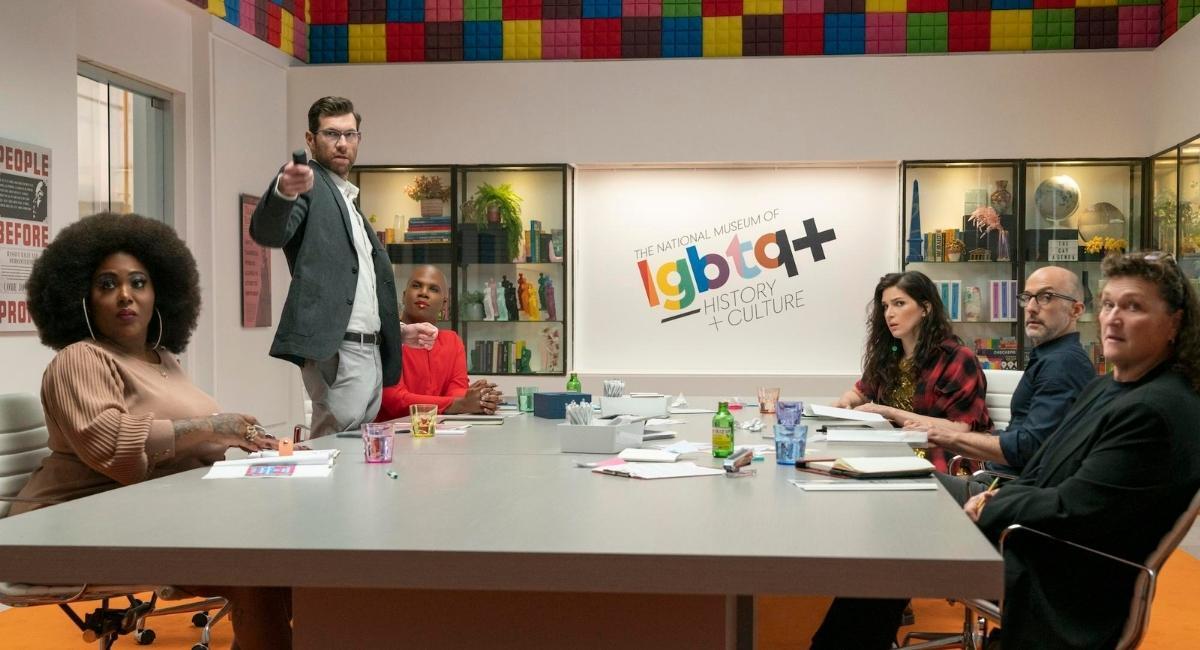
(L to R) Angela (Ts Madison), Bobby (Billy Eichner), Wanda (Miss Lawrence), Tamara (Eve Lindley), Robert (Jim Rash) and Cherry (Dot-Marie Jones) in 'Bros,' co-written, produced and directed by Nicholas Stoller. © 2022 Universal Studios. All Rights Reserved.
They’re aiming to tell the stories that have been effectively written out of history, but they just can’t agree on what the final room should be – Bobby, for instance, is arguing that it should focus on Abraham Lincoln’s alleged bisexuality.
There are also issues of locking in final funding for the place, which leads to a fun scene with ‘Saturday Night Live’ regular Bowen Yang as a rich, eccentric TV producer.
Yet the museum story is just a subplot. ‘Bros’ is really all about Bobby, a snarktastic sort who has seemingly embraced the single life. There are early hints, though, that he’s becoming unsatisfied with anonymous Grindr hookups and is starting to wonder what life might be like with someone in his life.
Bobby’s far from a player – he’s a twitchy, neurotic overthinker who can’t stop talking. But when he locks eyes with Aaron (Luke Macfarlane) across a crowded, sweaty club, there’s the hint of possibly something more.
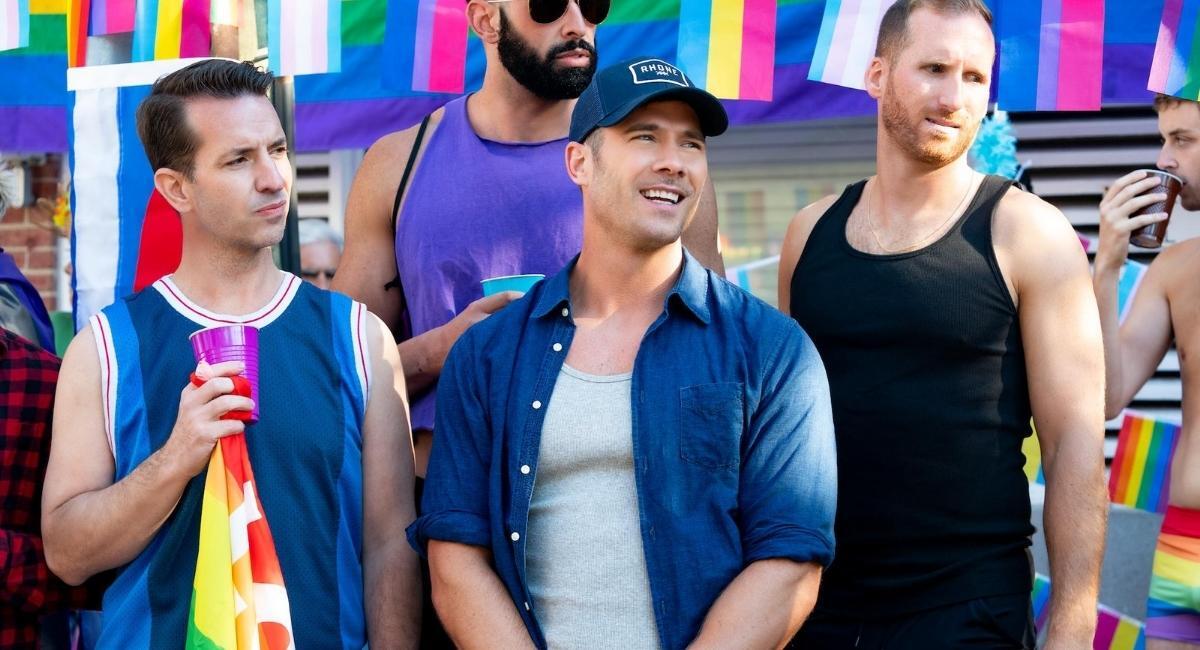
Luke Macfarlane (center) as Aaron in 'Bros,' co-written, produced and directed by Nicholas Stoller. © 2022 Universal Studios. All Rights Reserved.
Initially, though, Bobby is happy to be standoffish, treating his interactions with Aaron like any other potential hook-up (minimal dialogue, awkward attempts on Bobby’s part to flirt). Yet he soon starts to realize – as does Aaron – that this could develop.
Cue the usual path for this sort of movie – getting-to-know-you montages, romantic complications, arguments and ultimately… well, that would be telling.
Just don’t go thinking that this is simply a cut-and-paste job on a regular boy-meets-girl story, adding “boy” where “girl” should be. Eichner and Stoller have worked to make this specific and well-observed. For someone like Bobby, love is not an easy proposition.
While he’s playing a version of the character he has developed over his career, Eichner gives Bobby shading and nuance – he’s got a fine line in slightly damaged anxiety and witty put-downs, but he’s also a realistic portrayal of someone whose life is not everything it might be.
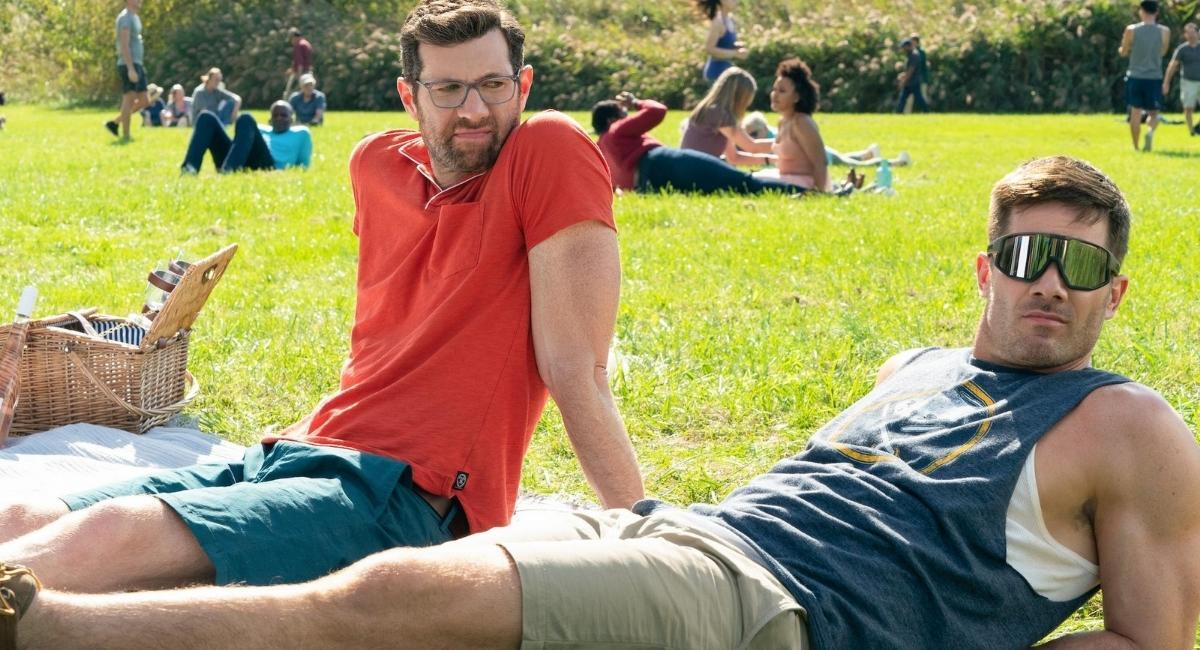
(L to R) Bobby (Billy Eichner) and Aaron (Luke Macfarlane) in 'Bros,' co-written, produced and directed by Nicholas Stoller. © 2022 Universal Studios. All Rights Reserved.
As Aaron, Macfarlane brings a loveable quality, wrapping what could be mistaken for a cliched meathead attitude around real vulnerability. Aaron has a supportive family, but he’s still trying to find his place in the world. He’s not simply the lust/love interest – he’s a person in his own right, and the nearly two-hour running time means there’s space to explore his character.
Around the central pair is a quality ensemble, played almost completely (and refreshingly for a big studio movie) by LGBTQ+ performers. Harvey Fierstein, Miss Lawrence, TS Madison, Guy Branum, Dot-Marie Jones and Jim Rash all help fill out this world, either as Bobby’s friends or the squabbling museum board.
The script is full of winning gags, some built around character, others designed to make a point, such as Yang’s character’s suggestion that the museum should include a “trauma coaster” of gay issues. There are LGBTQ+-focused references of course (Debra Messing makes a memorable appearances, and there are nods to Barbra Streisand and Broadway), but ‘Bros’ feels authentic, not just slapping labels on its characters.
And that extends to Bobby’s sex life, which is shown in full – well, at least as far as an R-rating can. There could well be heart palpitations among those who don’t know the, er, ins and outs of gay sex, but it’s treated matter-of-factly. This is our main character’s life, not something flippant.
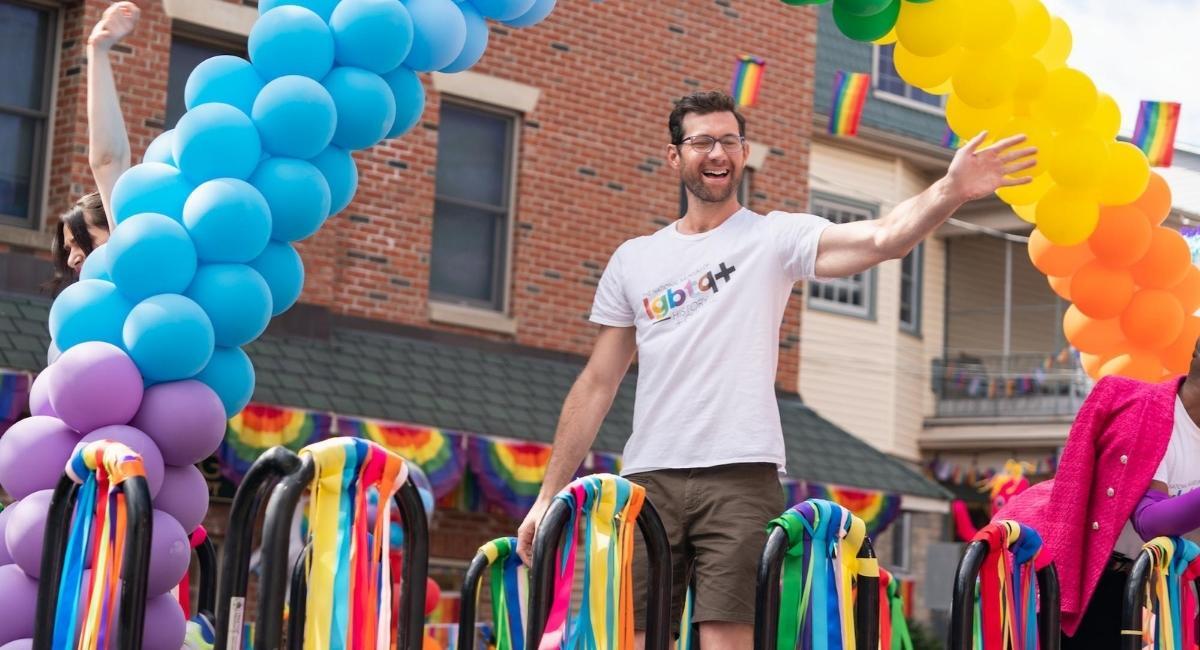
Billy Eichner as Bobby in 'Bros' co-written, produced and directed by Nicholas Stoller. © 2022 Universal Studios. All Rights Reserved.
It’s also treated like everything else in Bobby’s world – with his sarcastic attitude on display until he realizes his true feelings for Aaron. One funny scene finds Aaron and Bobby hooking up at a party with an old classmate of Aaron’s who has recently come out, as another guest called Steve (Brock Ciarlelli) awkwardly tries to get in on the action. It’s played partly for laughs, but also to highlight Bobby’s insecurity.
On the downside, this is a relatively flat, visually uninspired film (a few sunset vistas aside), designed to let the dialogue and performance do the heavy lifting. And while there is plenty of thought put into Bobby and Aaron, a few other characters are still mostly stereotypes – though they’re helped by the talented cast.
And while the longer running time does offer benefits, there are moments that drag, scenes that could have been snipped or trimmed where the filmmakers became a little more indulgent than the movie warranted.
Those are minor issues, though, and don’t drag down a movie that should be lauded as one of the best comedies of the year and among the funniest examples of the genre to come from a studio in a long time. If you’ve been wondering where big-level comedies have been recently, this is one to embrace.
‘Bros’ receives 4 out of 5 stars.
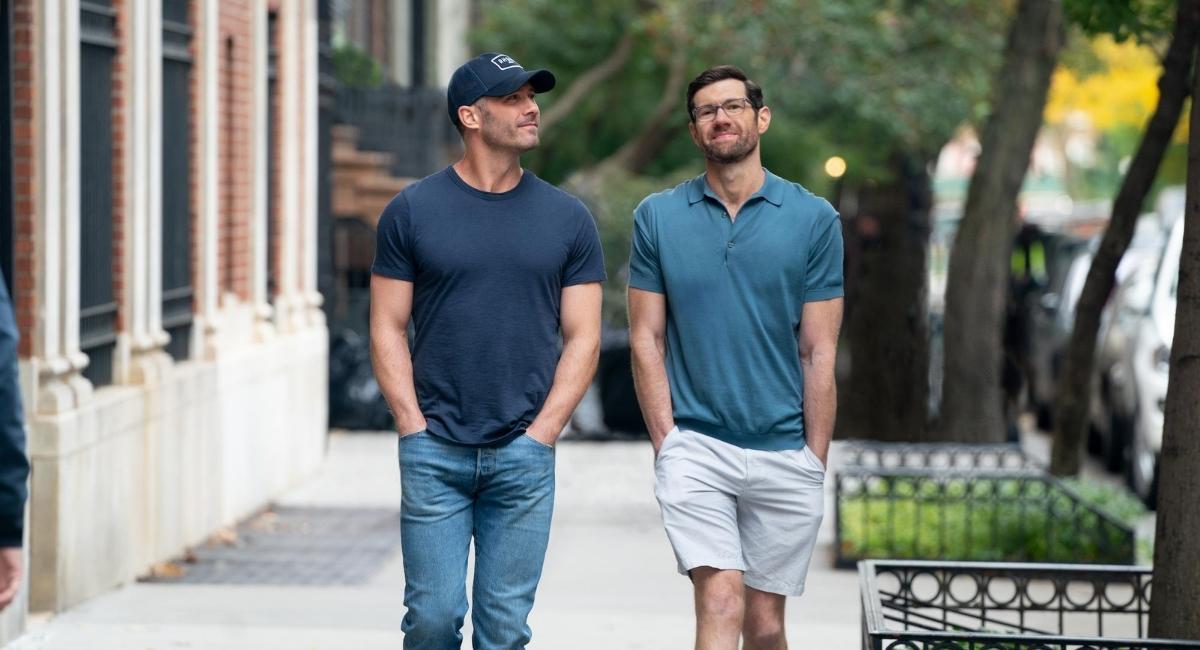
(L to R) Aaron (Luke Macfarlane) and Bobby (Billy Eichner) in 'Bros,' co-written, produced and directed by Nicholas Stoller. © 2022 Universal Studios. All Rights Reserved.
